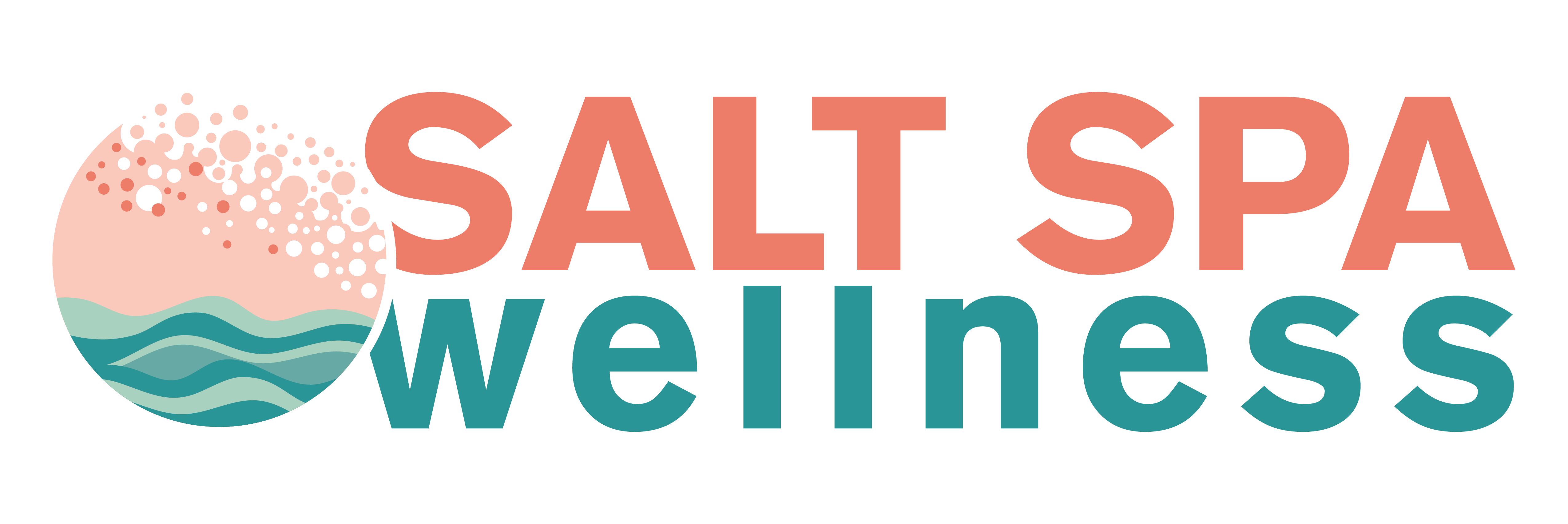FLOAT THERAPY
BOOK NOW
-
Single Float$79
90-Minutes in our Single Room
-
Deluxe Float$99
90-Minutes in our Deluxe Room for one person
-
Deluxe Float for 2$149
90-Minutes in our Deluxe Room for 2 people
10 Important Benefits
of Floating
1. Reduces Stress and Anxiety: By lowering cortisol levels and promoting relaxation, floating helps combat stress and anxiety.
2. Improves Sleep Quality: Many floaters report deeper, more restful sleep after sessions due to reduced nervous system activity.
3. Eases Muscle Tension and Pain: Floating provides relief for sore muscles, chronic pain, and conditions like fibromyalgia.
4. Enhances Mental Clarity and Creativity: Sensory deprivation allows the brain to enter a state of deep focus and problem-solving.
5. Speeds Up Physical Recovery: Athletes and individuals recovering from injuries benefit from reduced inflammation and faster healing.
6. Boosts Mood and Reduces Depression: Increased dopamine and endorphin levels contribute to a sense of well-being.
7. Supports Magnesium Absorption: Replenishing magnesium helps with muscle relaxation, nerve function, and stress reduction.
8. Improves Circulation: The buoyancy of the water enhances blood flow and oxygenation to tissues.
9. Encourages Mindfulness and Meditation: The distraction-free environment supports deep meditation and self-awareness.
10. Lowers Blood Pressure: Floating helps regulate heart rate and reduces hypertension by promoting a relaxed state.
TOP QUESTIONS
FLOATERS HAVE
How do I prepare for my float session?
Avoid caffeine, nicotine, and alcohol before your session to enhance relaxation. Do not shave or wax at least 12 hours before floating to prevent irritation. Eat a light meal about an hour before to avoid distractions from hunger.
Do I wear anything while floating?
Floating is a private experience, and most people prefer to float nude to avoid distractions from clothing. However, wearing a swimsuit is optional.
Can I drown if I fall asleep?
No, the buoyancy of the water keeps you afloat. Many people find floating so relaxing that they doze off during their session.
To see a full list of Floating FAQ
CLICK HERE
First Timer? Check Out This Deal!
 Float 101
Float 101 Float 201
Float 201What Is Float Therapy?
Float therapy, also known as sensory deprivation therapy, is a holistic wellness practice that utilizes a specially designed float room filled with warm water and a high concentration of Epsom salt (magnesium sulfate). This unique environment creates near-weightlessness, allowing the body and mind to enter a deep state of relaxation. The therapy has been studied for decades and is known to provide significant benefits for both physical and mental well-being.
How Float Therapy Works
1. Sensory Deprivation Float rooms are designed to eliminate external stimuli—light, sound, and even gravity. This allows the brain to shift into a deeply relaxed state, similar to meditation or REM sleep. With fewer distractions, the mind slows down, reducing stress and anxiety while promoting clarity and creativity.
2. Weightlessness The float rooms contain approximately 1,000 pounds of Epsom salt dissolved in just 10 inches of water. This buoyancy supports the body effortlessly, relieving pressure from muscles and joints—ideal for chronic pain, injury recovery, or post-workout relaxation.
3. Magnesium Absorption Epsom salt is rich in magnesium—essential for over 300 biochemical reactions in the body. During your float, magnesium is absorbed through the skin, helping to regulate nerves and muscles, reduce inflammation, and promote deep relaxation.
Why Float Therapy Works
Reduction of Cortisol: Floating lowers cortisol (your stress hormone), helping to calm anxiety and promote relaxation.
Increased Dopamine & Endorphins: Float sessions trigger feel-good neurotransmitters to lift your mood and mental well-being.
Enhanced Theta Brainwaves: The float environment encourages theta brainwave activity—linked to deep meditation and creativity.
Muscle Recovery & Pain Relief: Buoyancy relieves physical pressure, reducing tension, inflammation, and chronic pain symptoms.
LOVE FLOATING? CHECK OUT THESE MEMBERSHIPS!
FLOAT LIGHT
Float Monthly-
One 90-Min Float Monthly
-
Additional Floats only $65 each
-
10% OFF all Add-On Services & Products
-
Priority Scheduling if Desired
FLOAT DEEP
Float Weekly-
Four 90-Min Floats Monthly
-
One FREE Sauna Session
-
Additional Floats only $60 each
-
15% OFF all Add-On Services & Products
-
Priority Scheduling if Desired
FLOAT INFINITE
Float Daily-
Up to One 90-Minute Float per Day
-
One FREE Salt Room Session per Month
-
One FREE Sauna Session per Month
-
20% OFF all Add-On Services & Products
-
Priority Scheduling if Desired
YES!! MEMBERSHIPS FOR YOU TO FLOAT TOGETHER - DATE NIGHT!
FLOAT LIGHT TANDEM
Float Monthly-
One 90-Min Tandem Float
-
Additional Floats only $115 each
-
10% OFF all Add-On Services & Products
-
Priority Scheduling if Desired
FLOAT DEEP TANDEM
Float Weekly-
Four 90-Min Tandem Floats
-
One FREE Sauna Session for 2
-
Additional Floats only $99 each
-
15% OFF all Add-On Services & Products
-
Priority Scheduling if Desired
FLOAT INFINITE TANDEM
Float Daily-
One 90-Minute Tandem Float per Day
-
One FREE Salt Room Session for 2
-
One FREE Sauna Session for 2
-
20% OFF all Add-On Services & Products
-
Priority Scheduling if Desired
